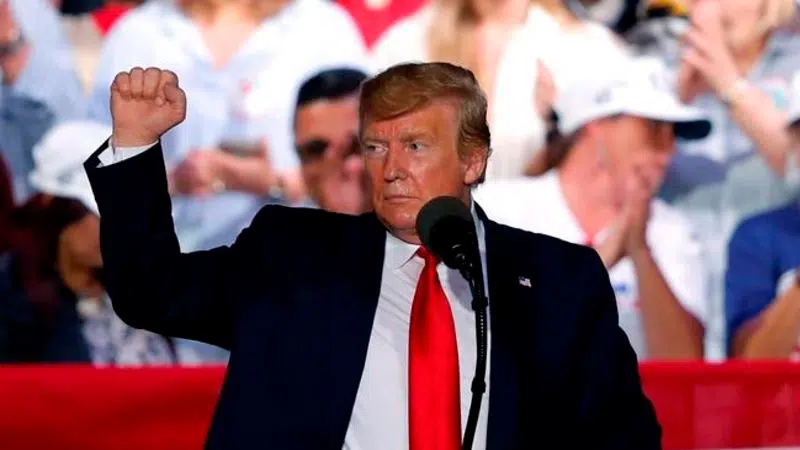
Matters of politics, race accompany Red Sox to White House
WASHINGTON — For decades, championship teams have visited the White House in a moment of ritual and tradition. Athletic excellence is celebrated, lame jokes are told and the president is given yet another jersey bearing his name. Under President Donald Trump, though, the visits often have become politicized, featuring athlete protests and, in the case of the Boston Red Sox, raising questions about a racial divide.
The Red Sox, who steamrolled to a World Series crown last October, are poised to visit the White House on Thursday. Team manager Alex Cora announced last week he would not attend, citing his frustration with the administration’s efforts to help his native Puerto Rico recover from a devastating hurricane. Nearly a dozen players, including American League MVP Mookie Betts, have said they will also skip the ceremony.
All those bypassing the White House are players of colour. Every white player on the team — as well as J.D. Martinez, who is of Cuban descent — was expected to attend.
